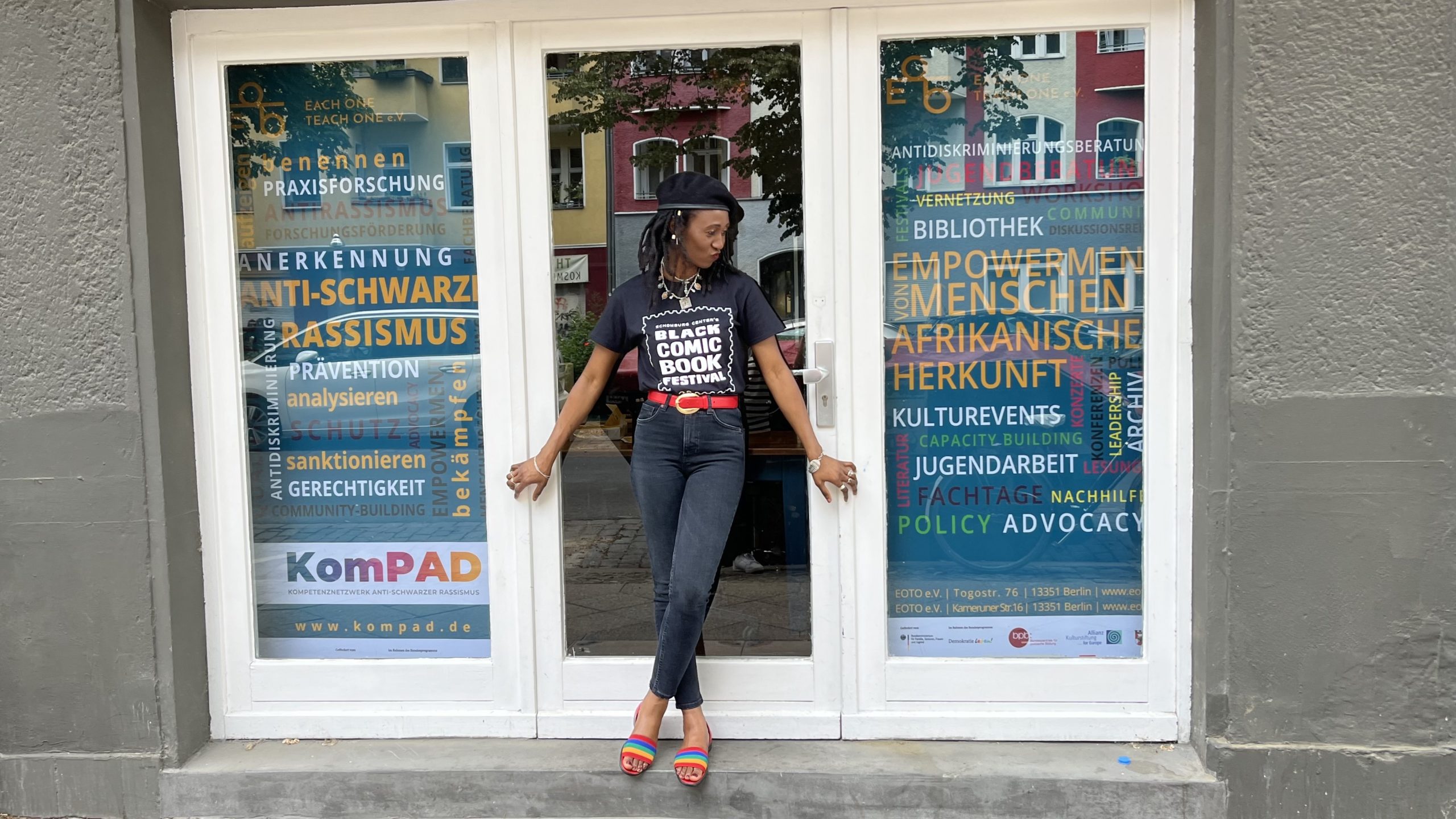
For the third time in a row, I have attended Afrolution Festival in Berlin, and each time has been memorable in its own way. Join me as I reminisce on the moments that stood out to me from this year’s edition of the festival, which took place on June 23-26. Also, scroll down to enjoy the photos I took with and of some of my favorite people.
Afrolution Festival is an annual event organized by Each One Teach One, a black-led organization dedicated to the empowerment of people of African descent in Berlin. The festival is held in Berlin’s African quarters, a place redolent of Germany’s colonial legacies but that is now being reclaimed thanks to the efforts of grassroots organizations. This year, the festival was themed Planetary [Vulner]abilities African/Diasporic World-making and examined the challenges faced by black worlds, as well as possibilities for survival. It featured thinkers from the continent and the diaspora, as well as local intellectuals, artists, and activists.
Most of the sessions were free and open to the public so they were usually well-attended by members of the community, including families with children. Some of my fondest memories are of infants babbling while panelists debated complex ideas about the black experience. Afrolution is different from other festivals in this respect. It unites artists, academics, and activists at a time when disciplines are talking less and less to each other and welcomes the public to be a part of the conversation. This speaks to the guiding philosophy of the festival show-runner Nadja Ofuatey-Alazard who brings her community organizing skills to the curation of the festival.
There were a number of standout panels. Tsitsi Dangarembga talked about what it was like living in Berlin in the ‘90s and gave us deep insights into the personal stories that inspired her classic novel Nervous Conditions. Ato Quayson gave a keynote on the disposability of black life. South African feminist scholar Pumla Dineo Gqola was brilliant in a panel with Fania Noel, Emilia Roig, and Tifanny Florvil on Afrofeminism. Warsan Shire stopped by via zoom to read from her debut poetry collection, recently translated in German. Kenyan Biologist Modecai Ogada talked about his groundbreaking book The Big Conservation Lie. The British-German novelist Sharon Dodua Otoo talked about how writing in German as an English speaker enabled her to experiment with language. One of my favorite panels featured the curator of Berlin Biennale Franco-Algerian artist Kader Attia, Senegalese economist Felwine Sarr and South African feminist scholar Pumla Gqola. They talked at length about the utopian impulse in rethinking practices of knowledge making. I had a great session with Abdourahman Waberi about his autobiographical novel on overcoming the stigma of disability. The final event was an electrifying performance by Lagos-based dance troupe Q Dance Company. They took us to the ancestral plane and back, no jokes! In one of the closing sessions on Sunday, Nigerian choreographer Onikeku Qudus, Burkinabe artist Odile Sankara, and the Martiniquan author of Decolonial Ecologies Malcom Ferdinand debated various aspects of African spirituality. It was a hot few days, so I was particularly thankful to Tapiwa Guzha for all the delicious ice cream made with his unique recipe of African herbs, spices, and condiments. Yum!
Afrolution Festival is a magical space where black life and thought is visible, legible, and enjoyable according to modes of thinking that unapologetically center the black experience. Kudos to Nadja Ofuatey-Alazard and her team of dedicated staff for holding space for blackness, decolonial knowledge making, of joy, of a productive critique, of worship, of self-care, of dance, and affirming fellowship within Berlin.
For three days, thinkers and community members sat side by side, tracing different but interconnecting tributaries of knowledge and experiences. Against Berlin’s racist structures where black people still struggle to be legible, this festival has made a space where blackness is seen and heard and centered in historical thinking and futuristic imagination.
I felt whole. I felt inspired. I felt the rush of excitement from encountering new ideas. Even as I sat in fellowship with all the many different kinds of blacknesses in the room, I also found portals into ancestral realms.
What a treat!


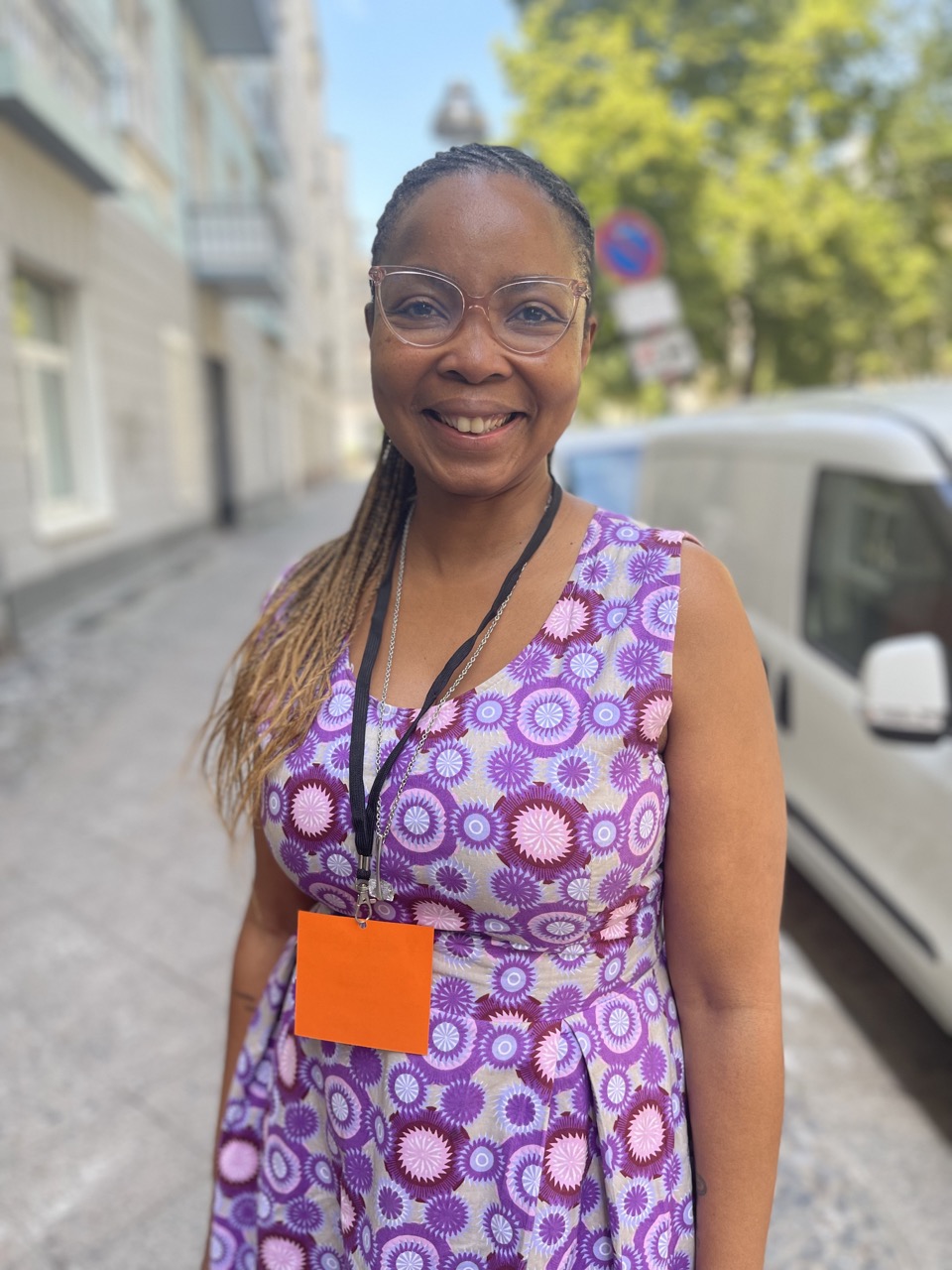
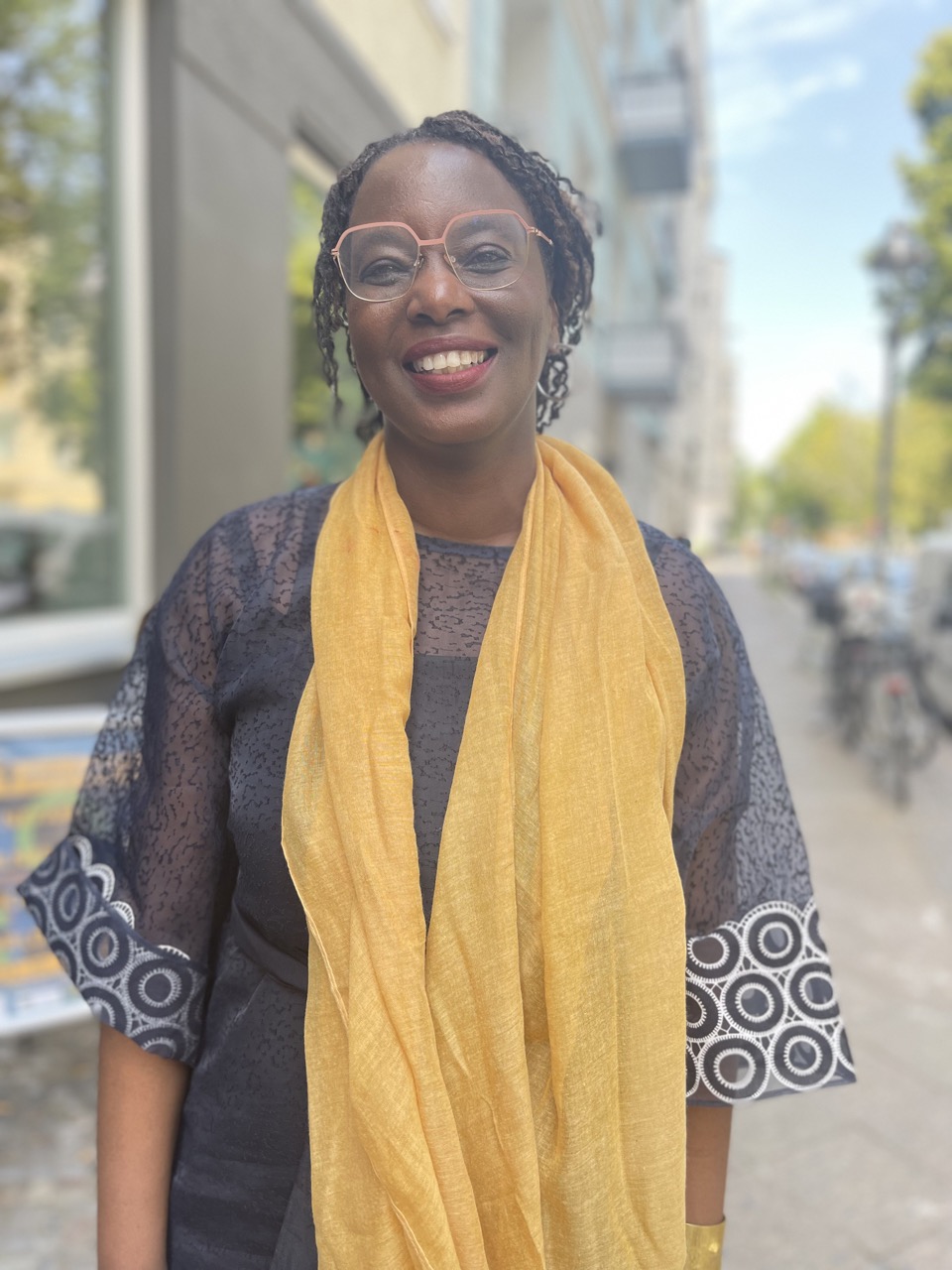
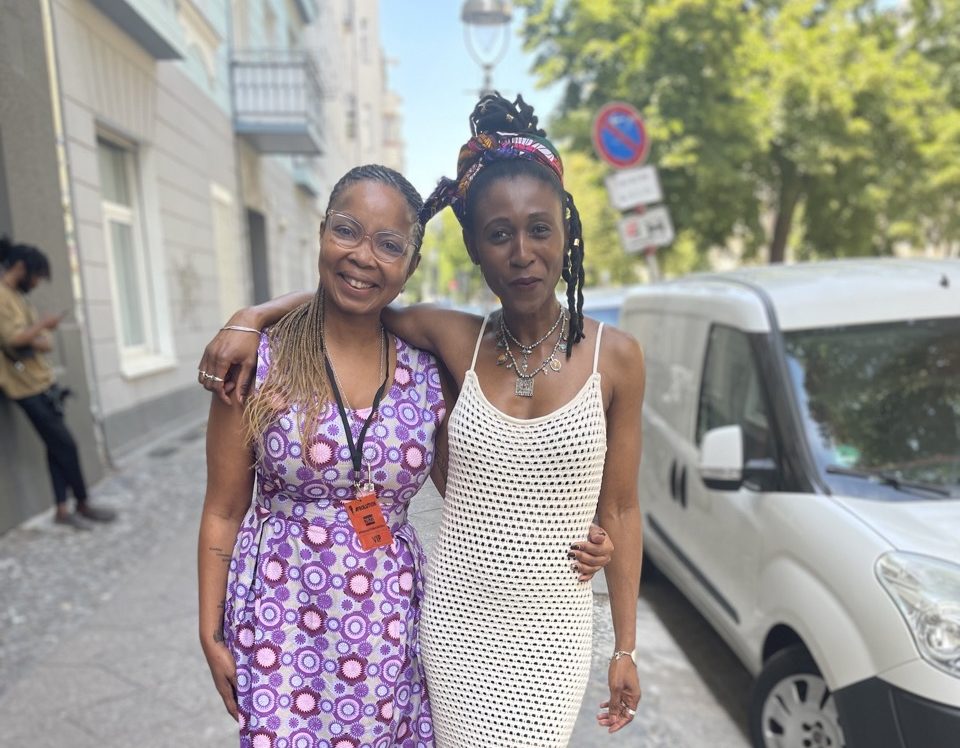
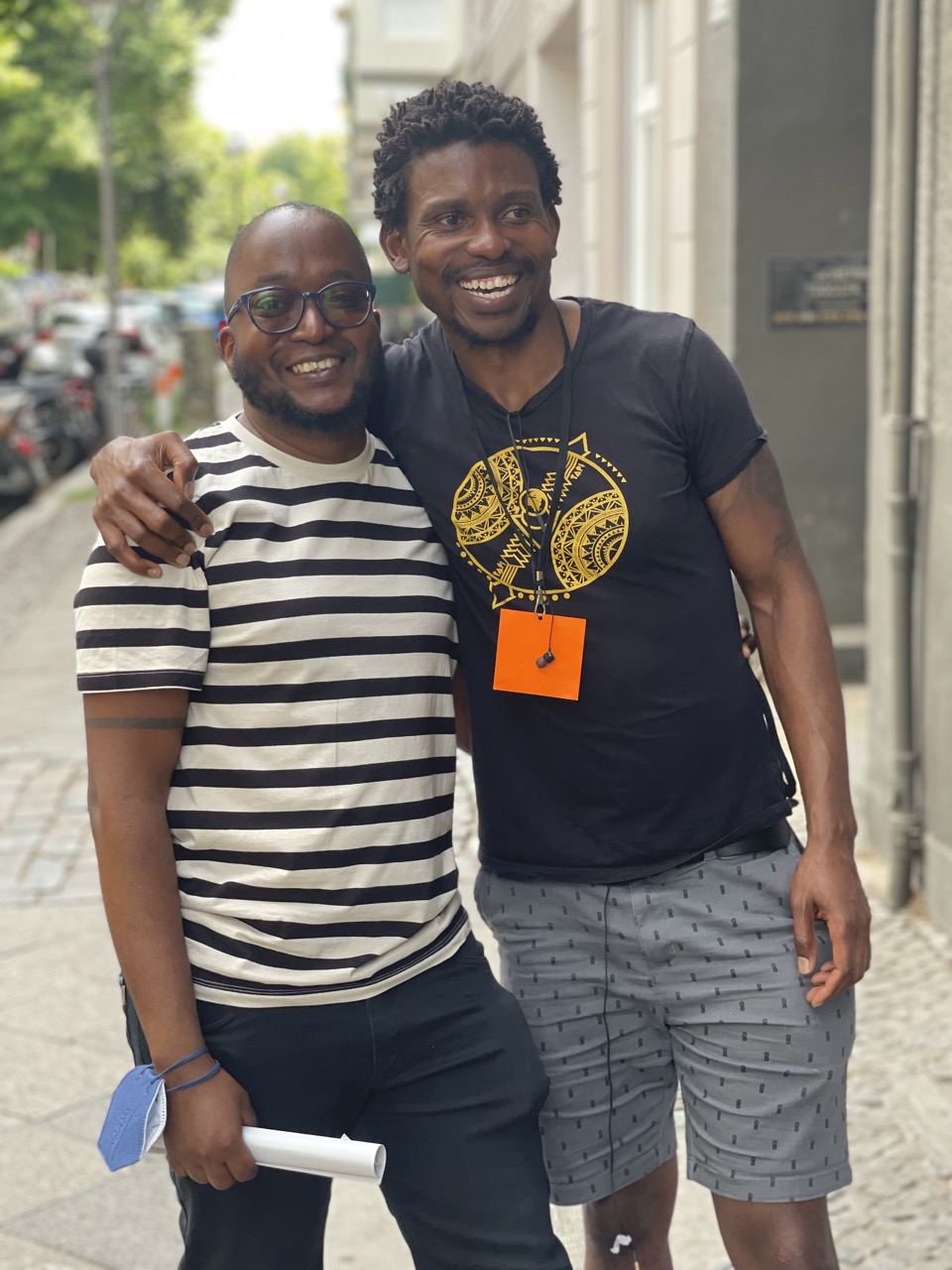
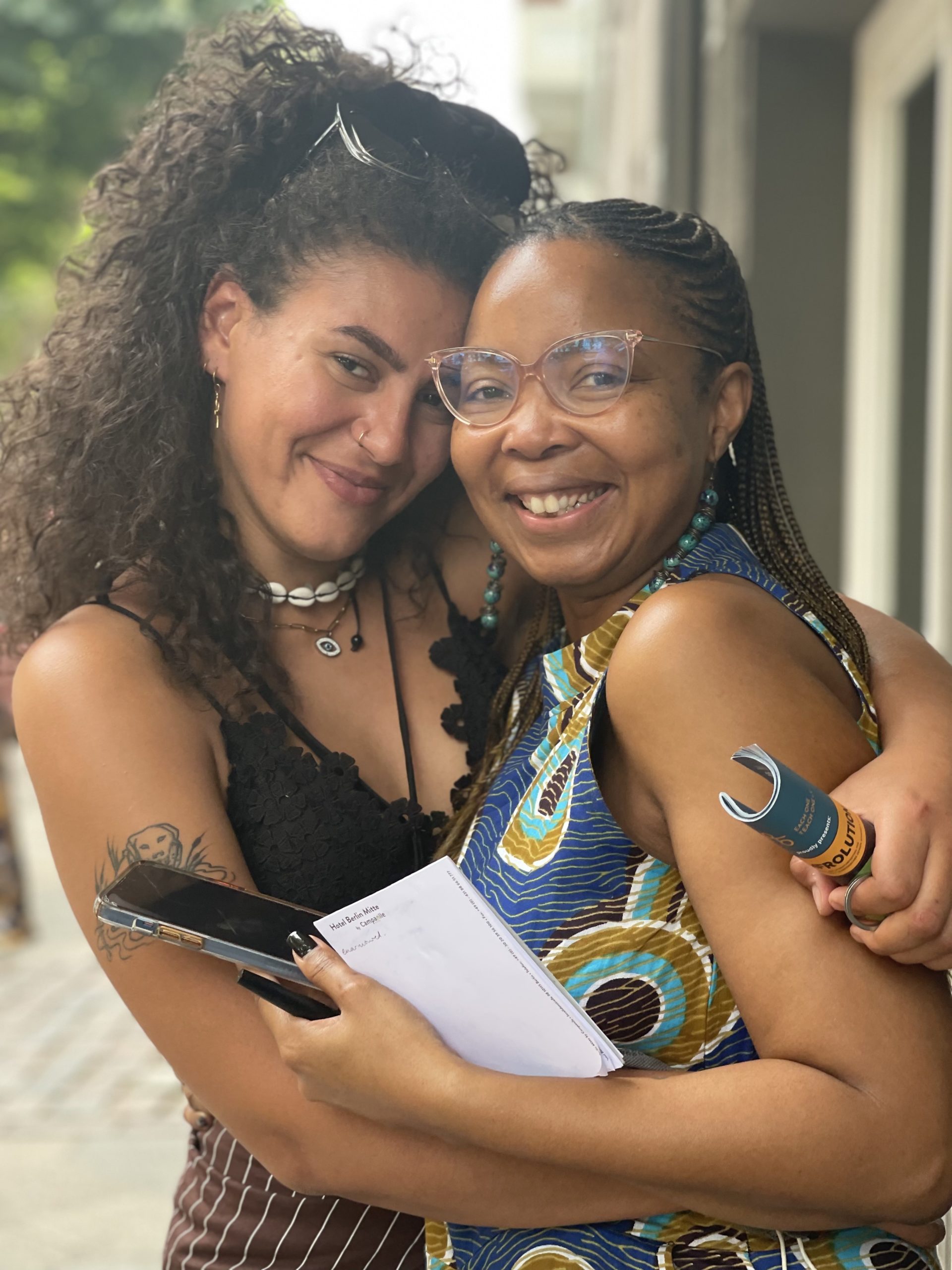
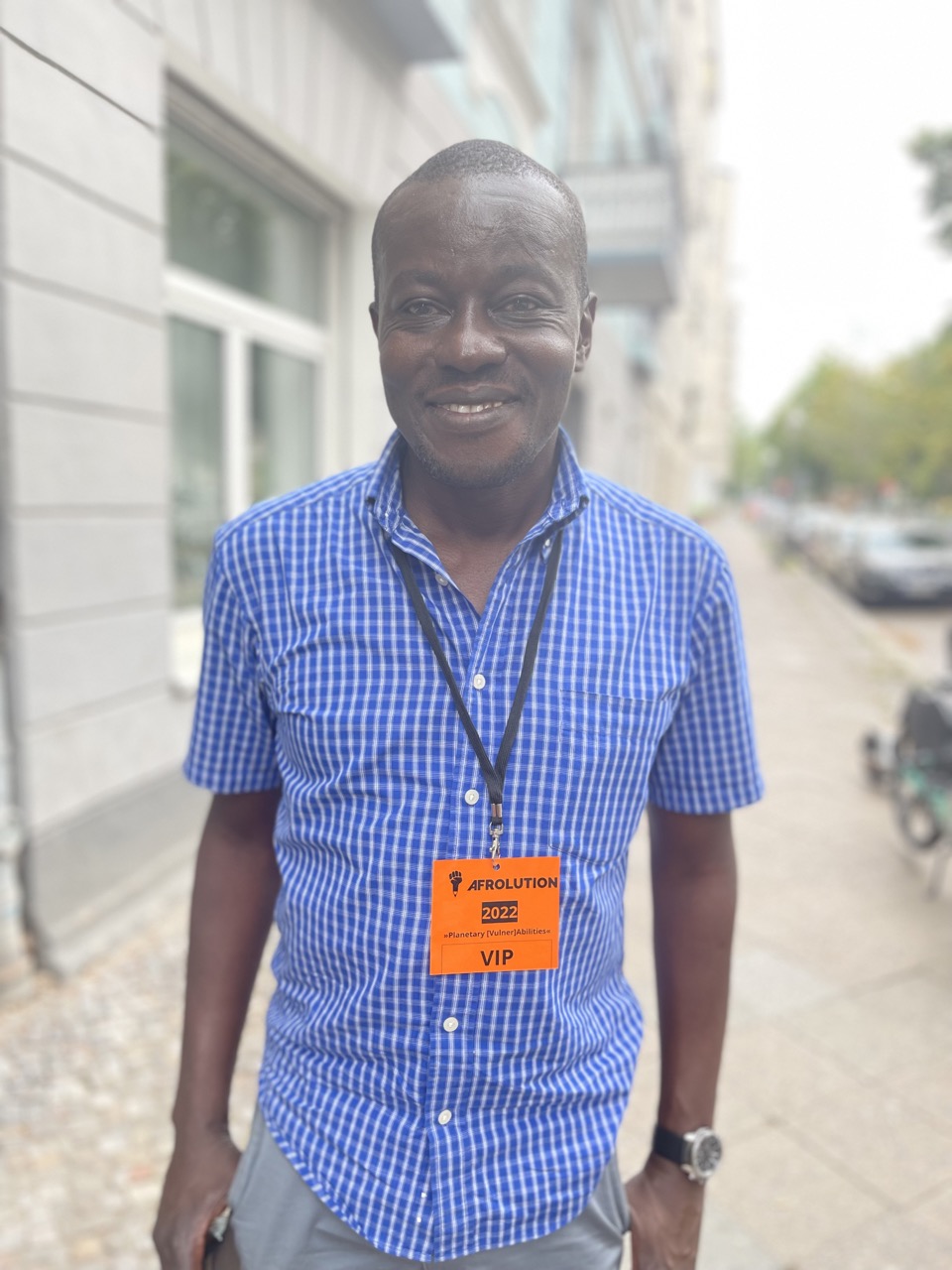
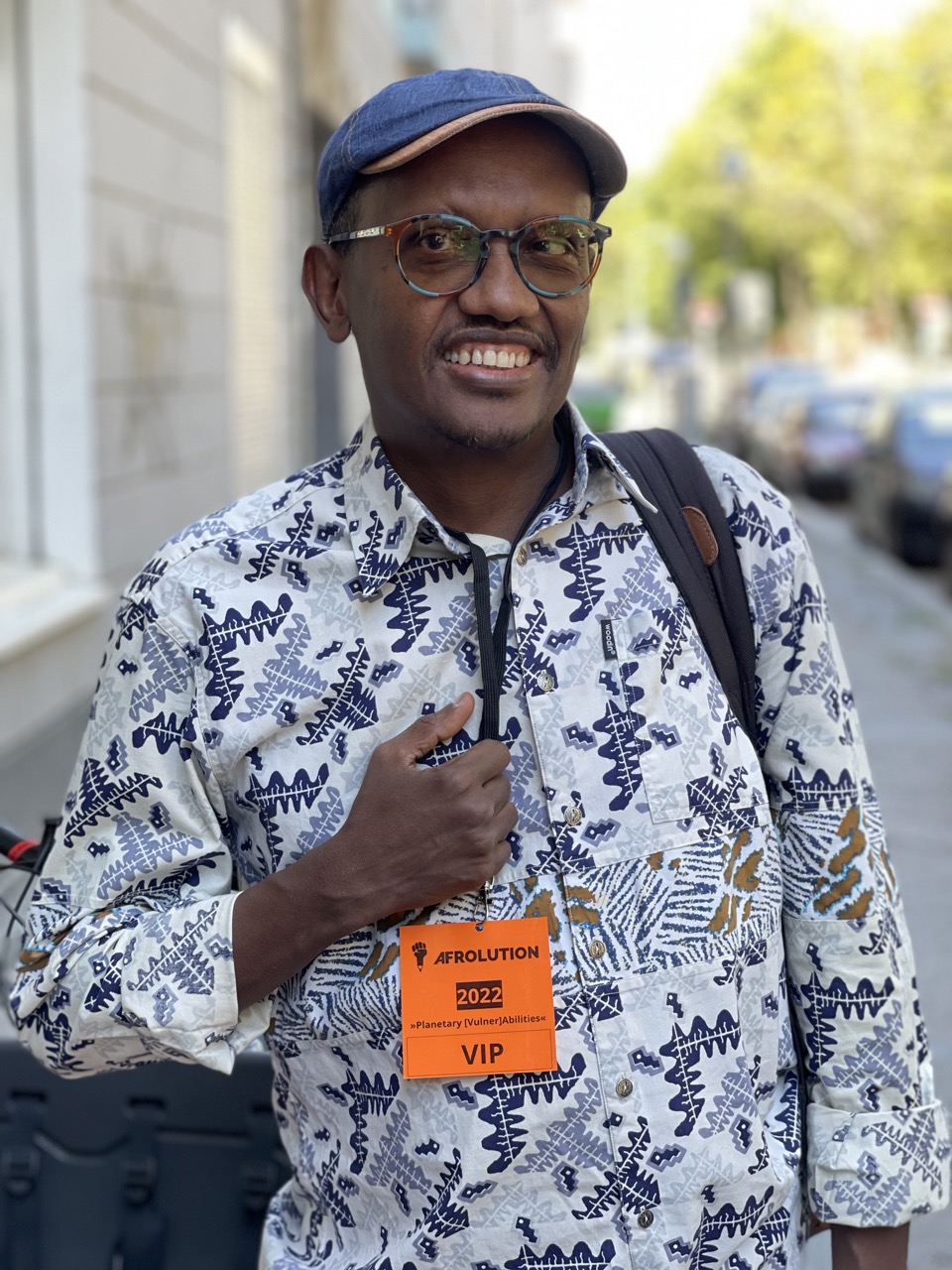
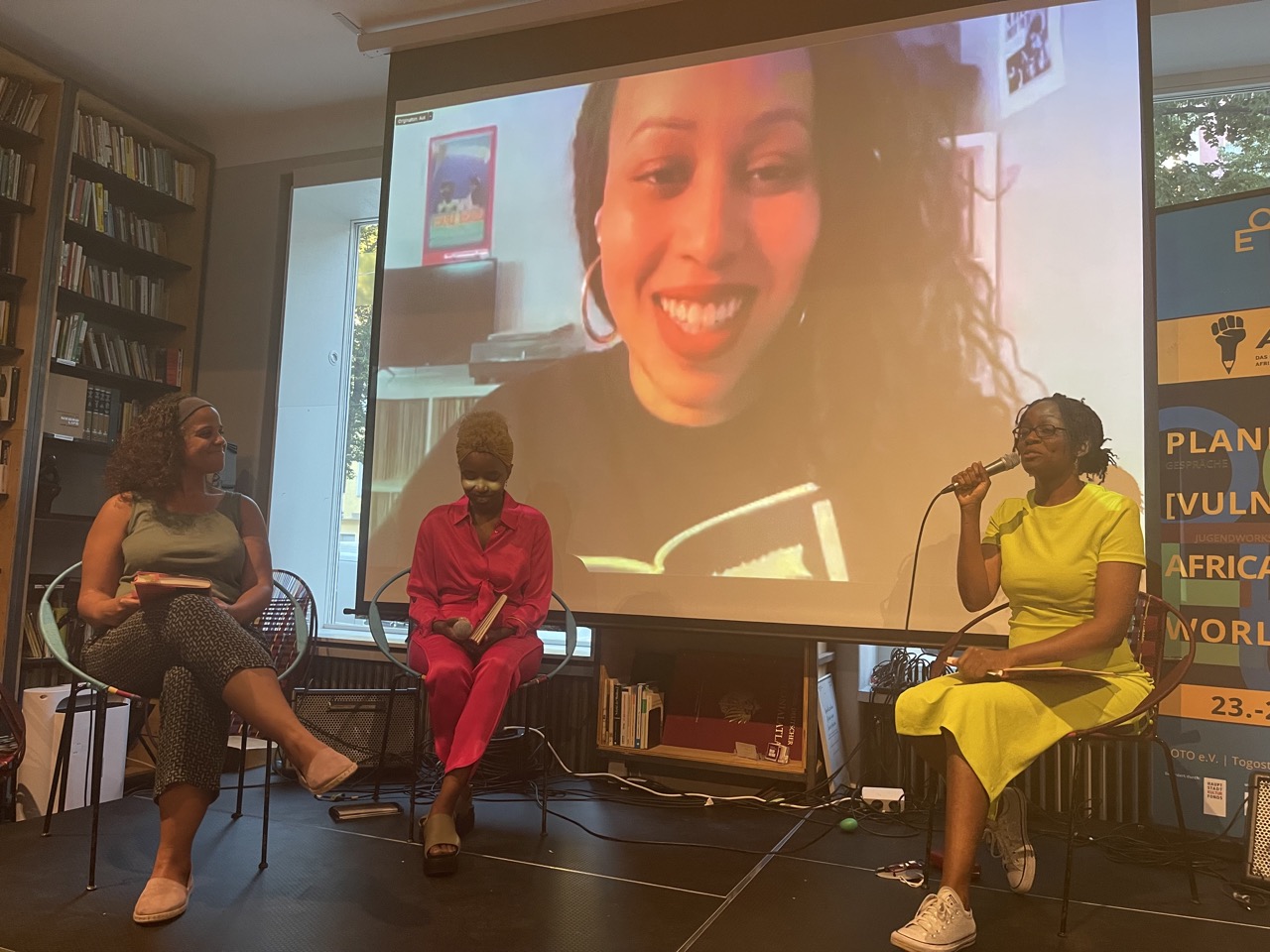
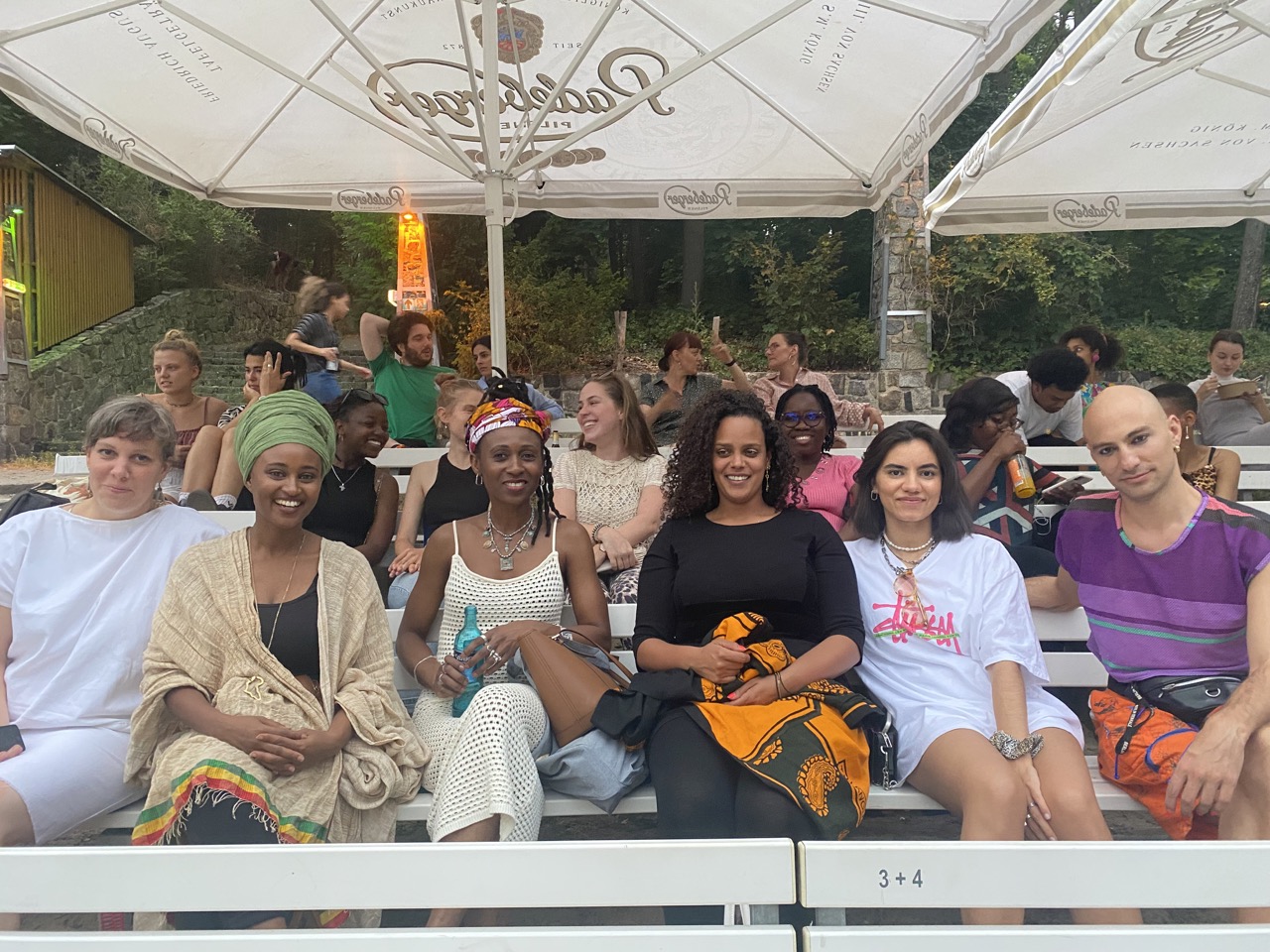
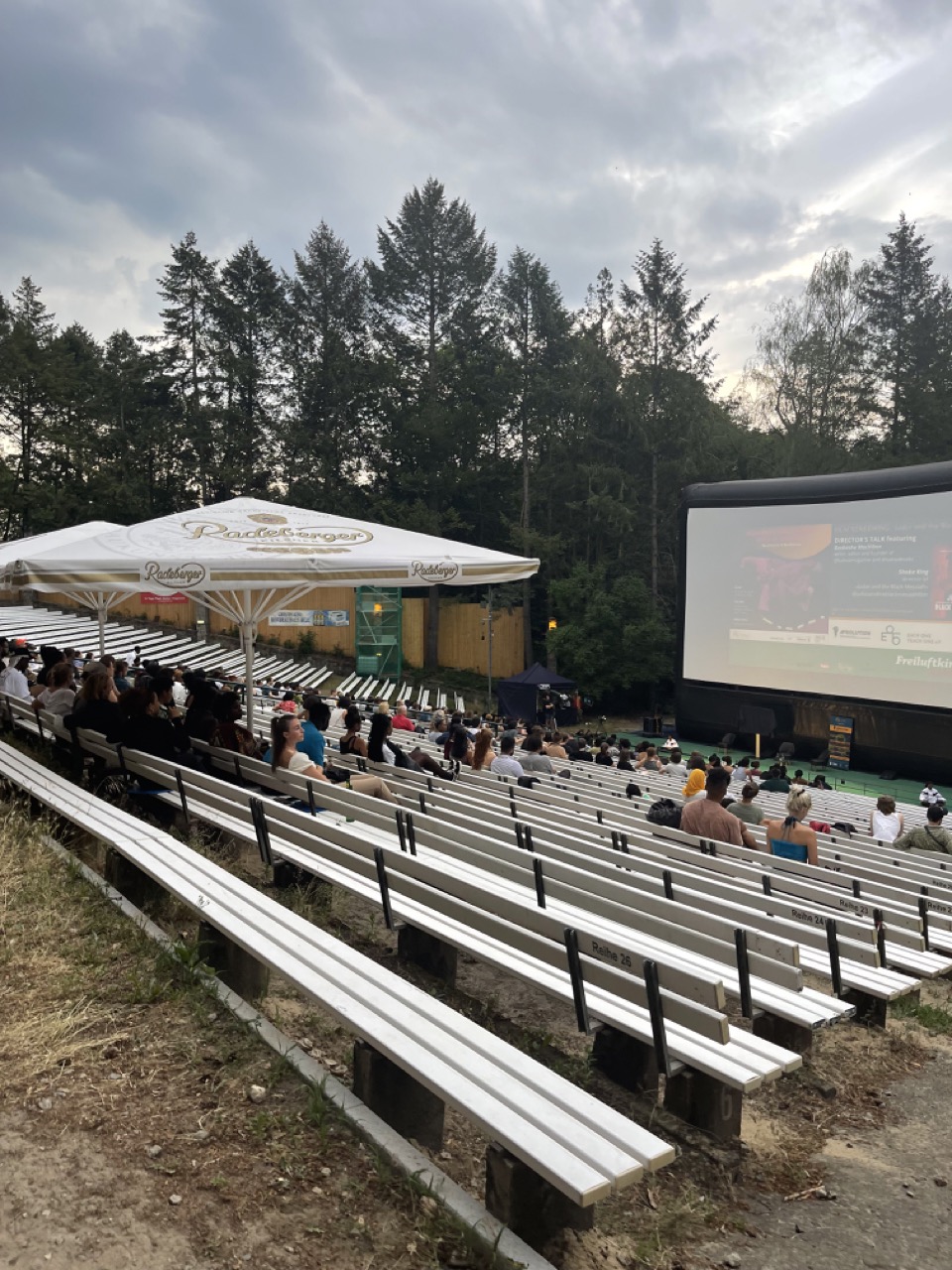
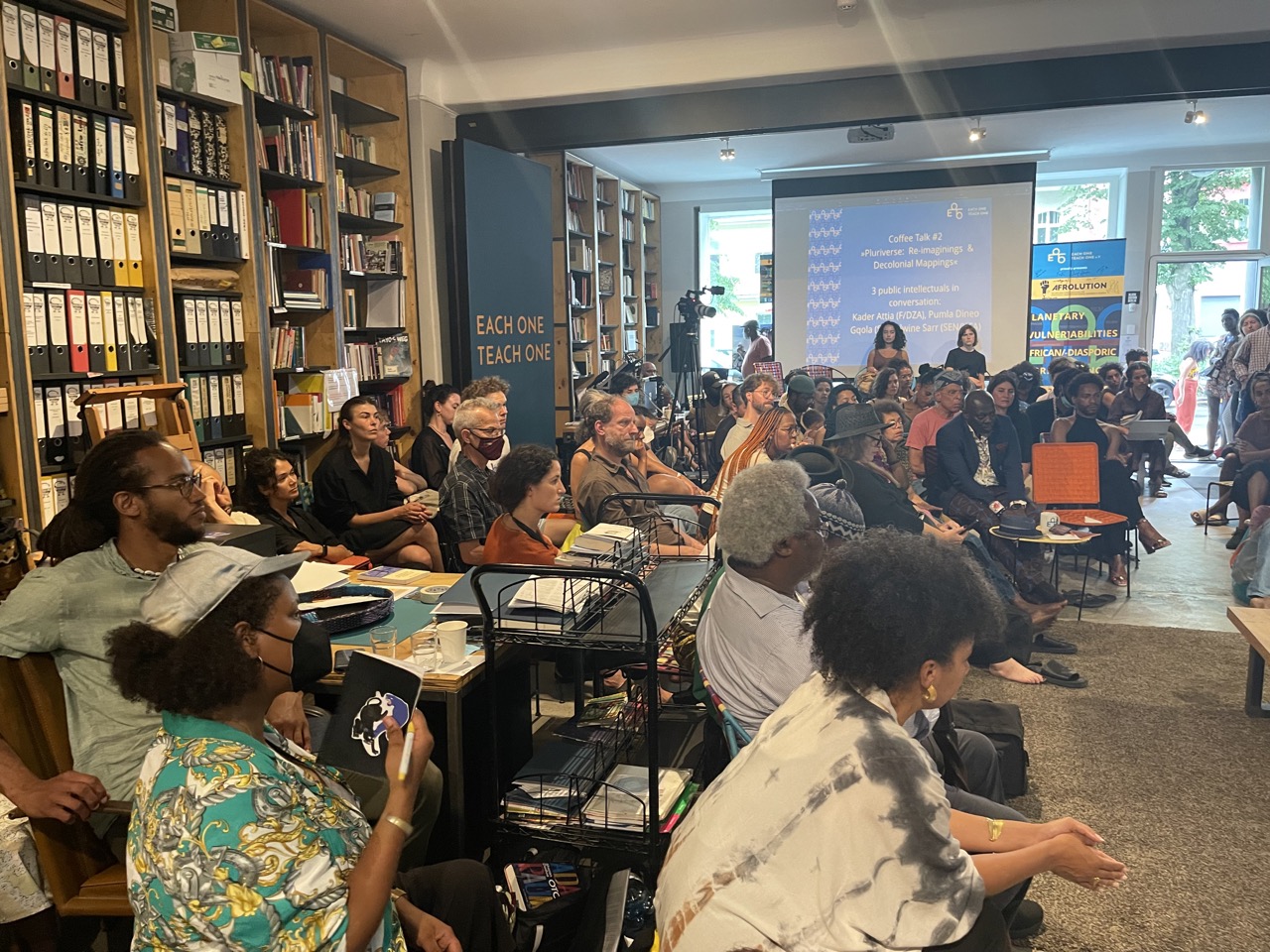
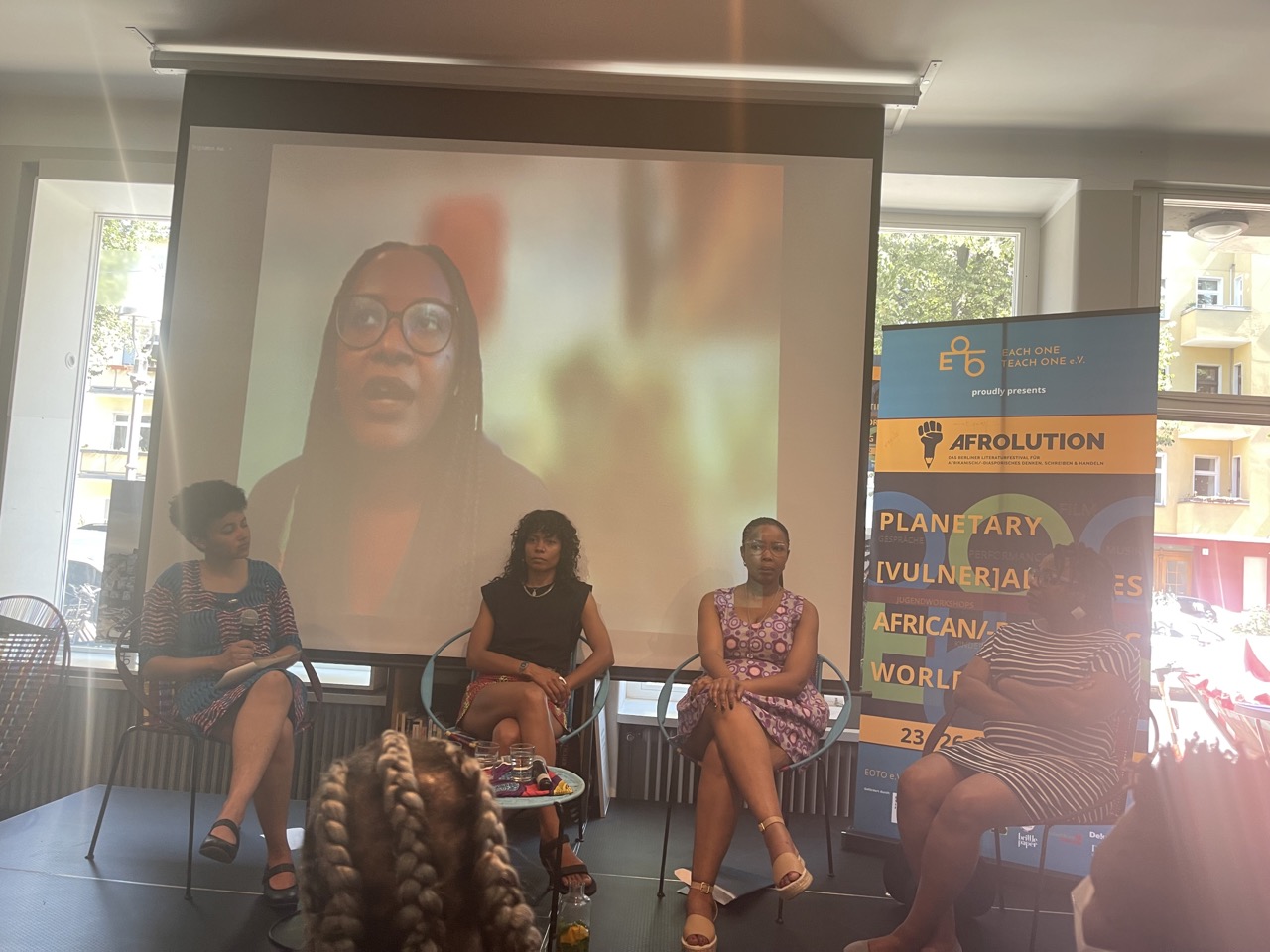
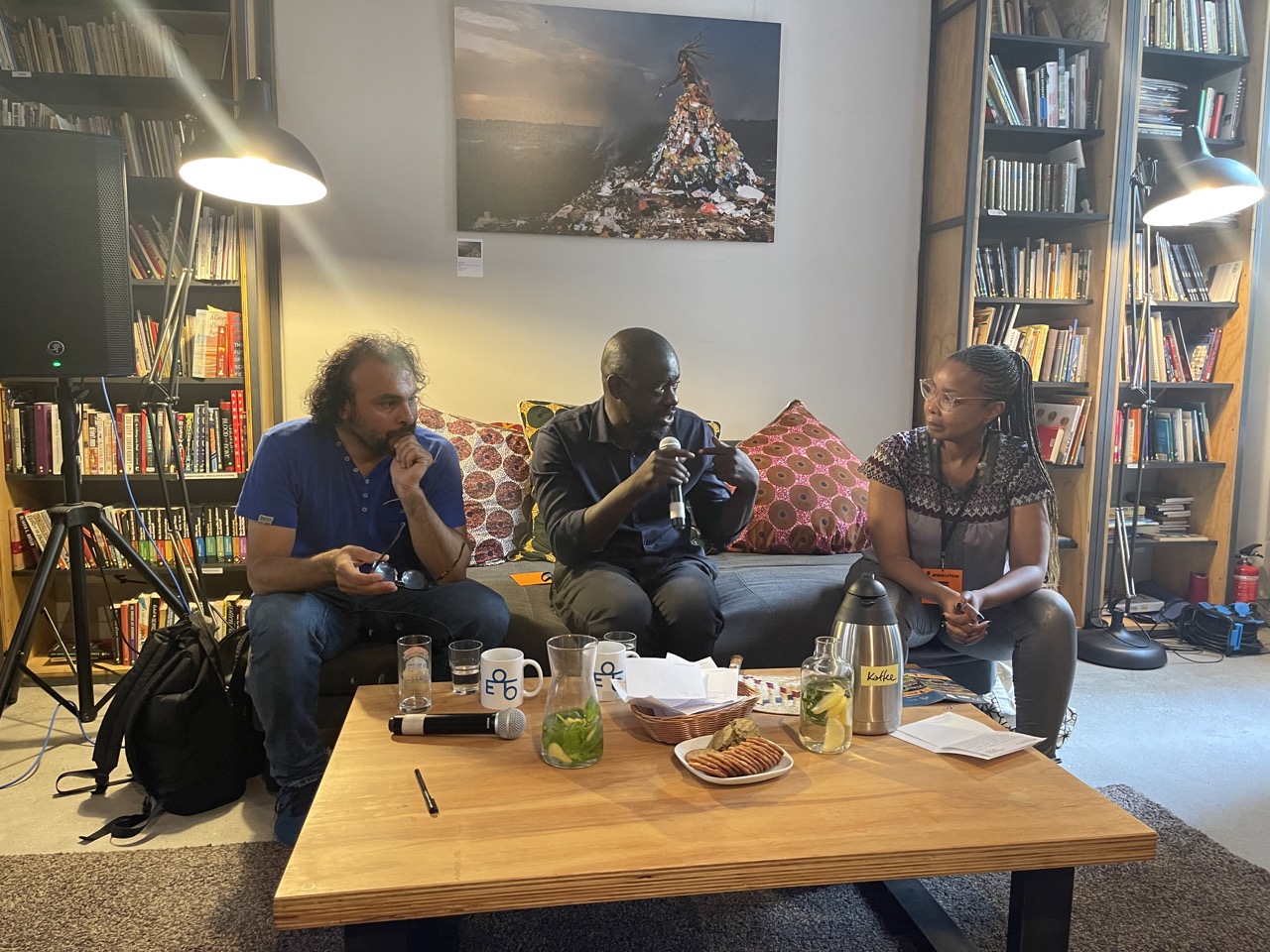
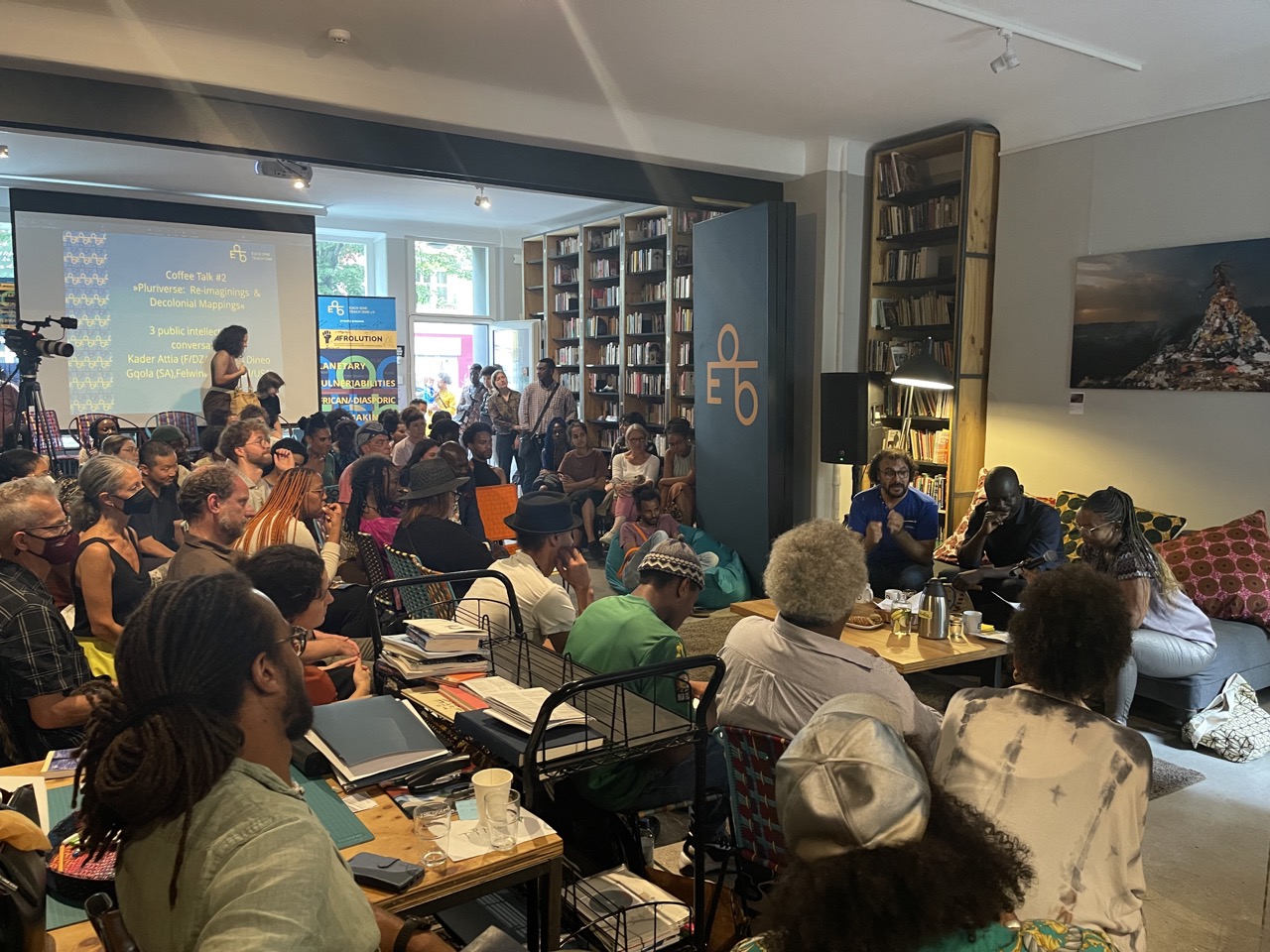
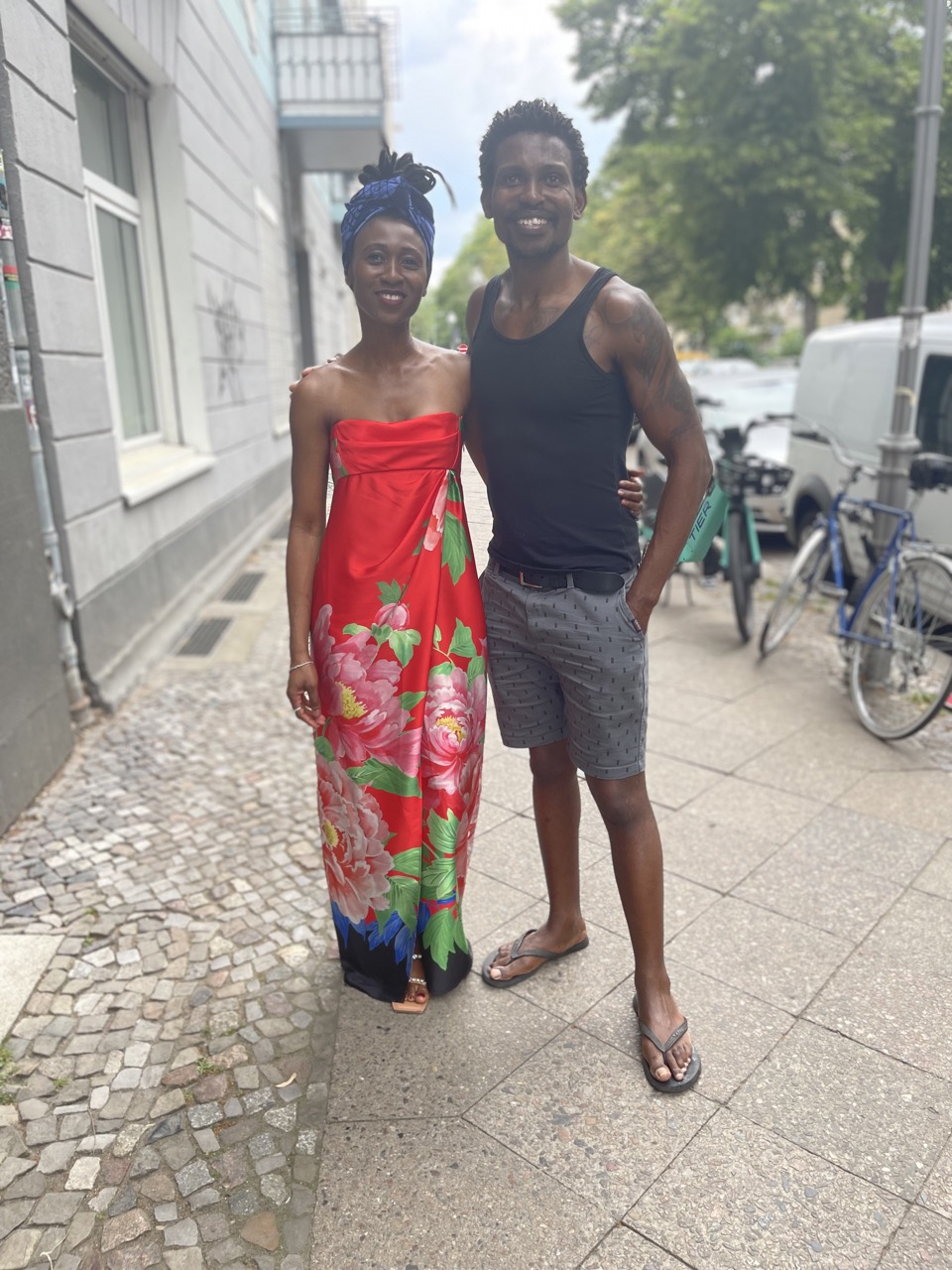
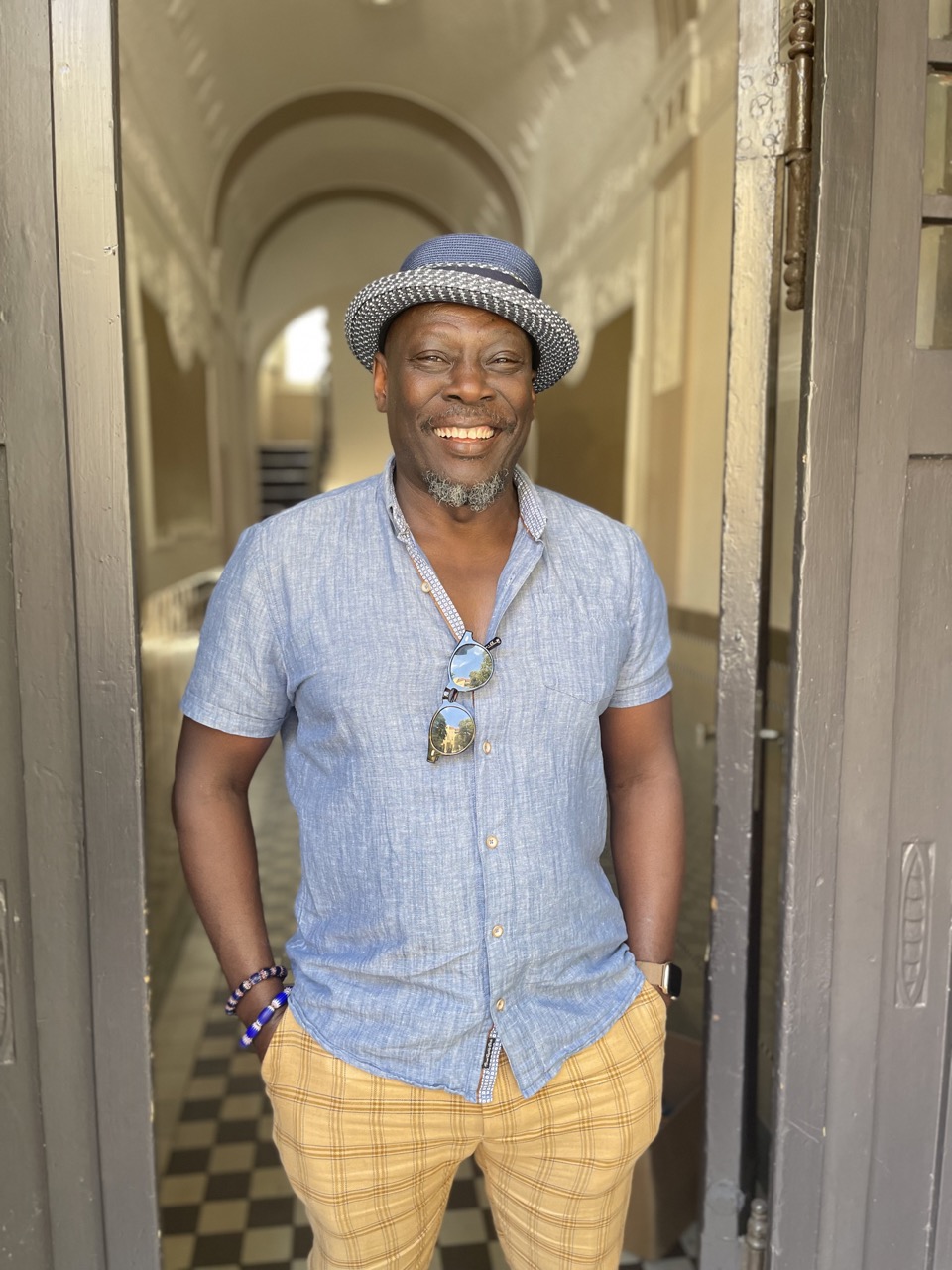
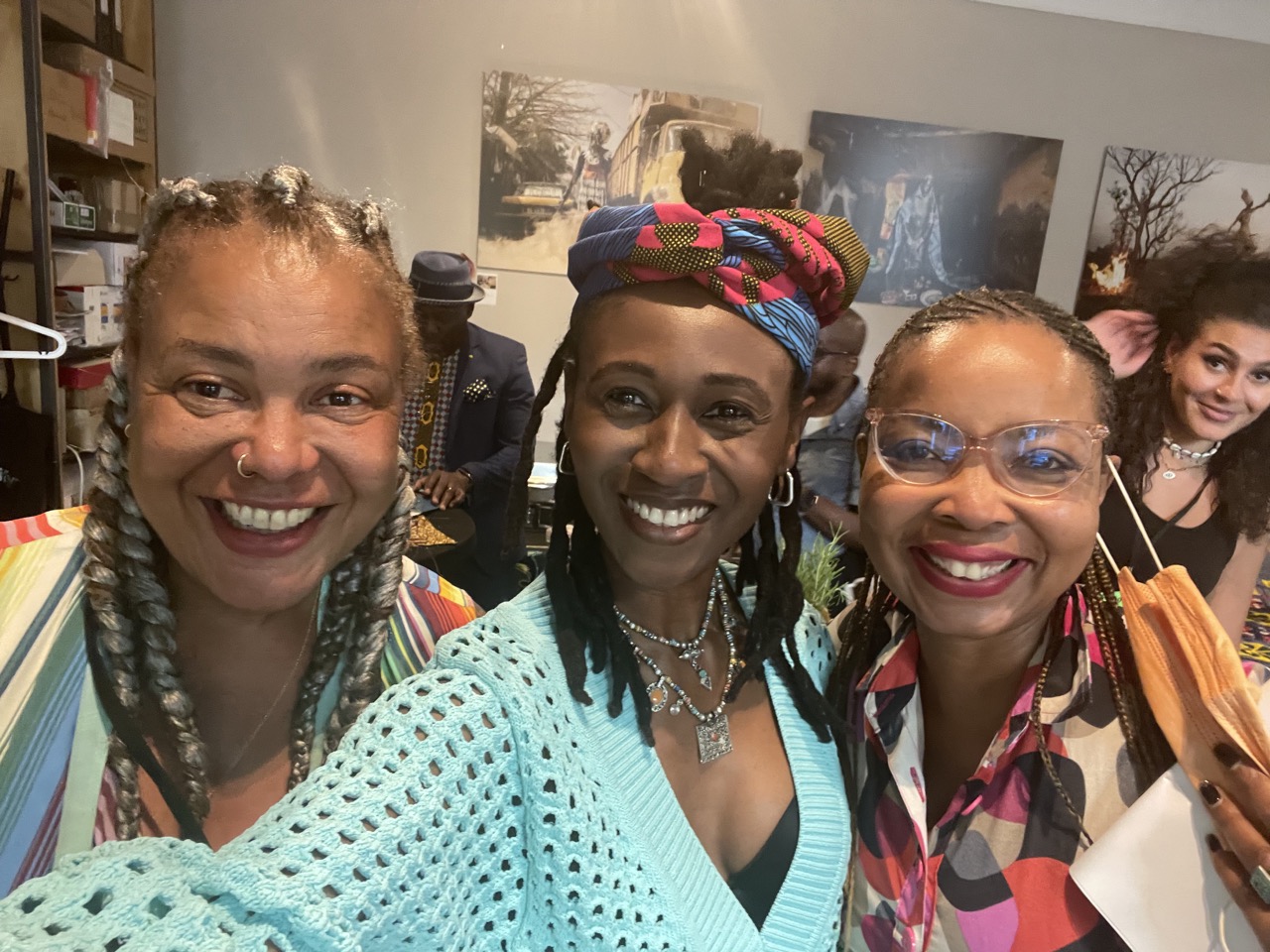
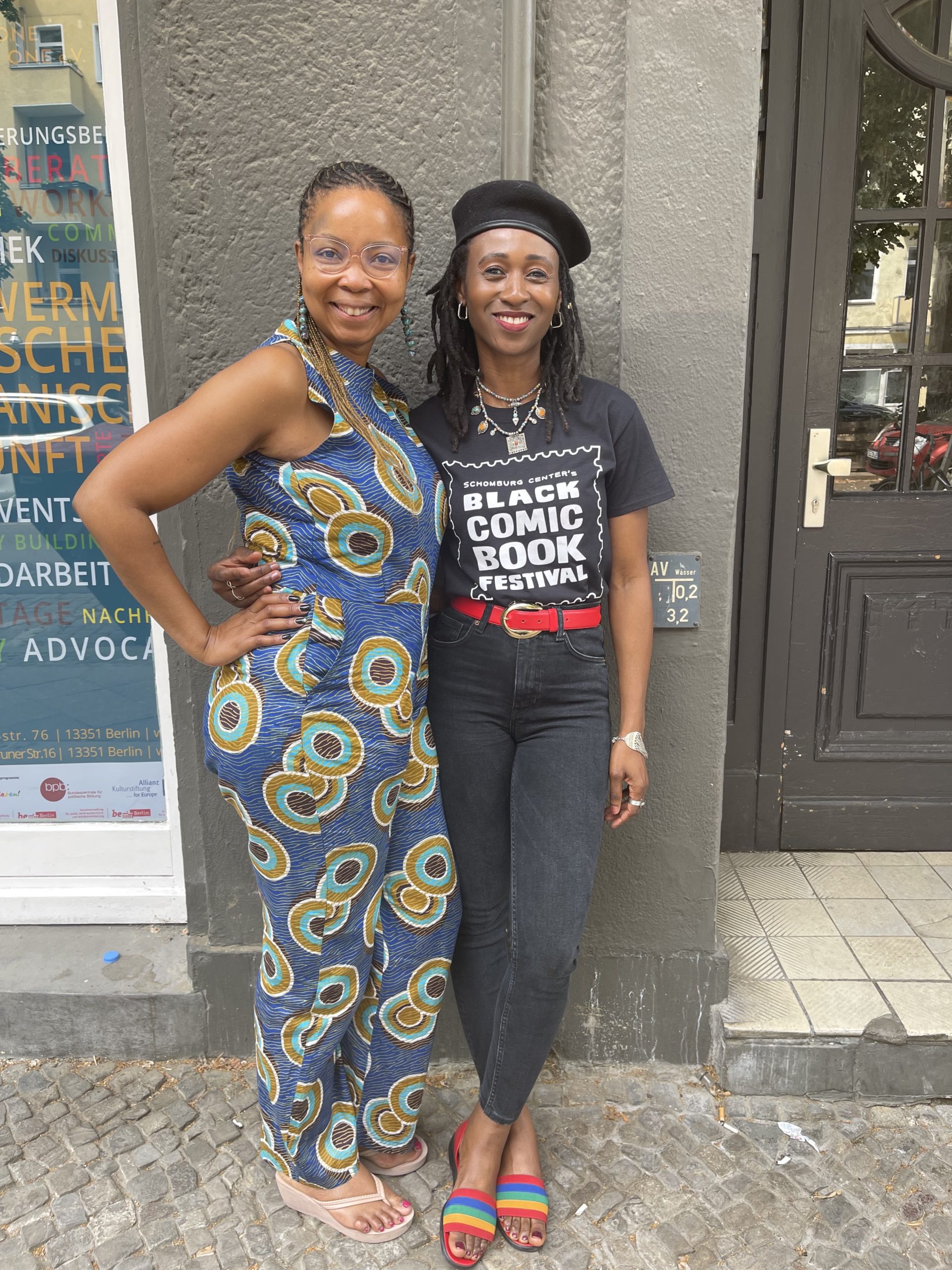
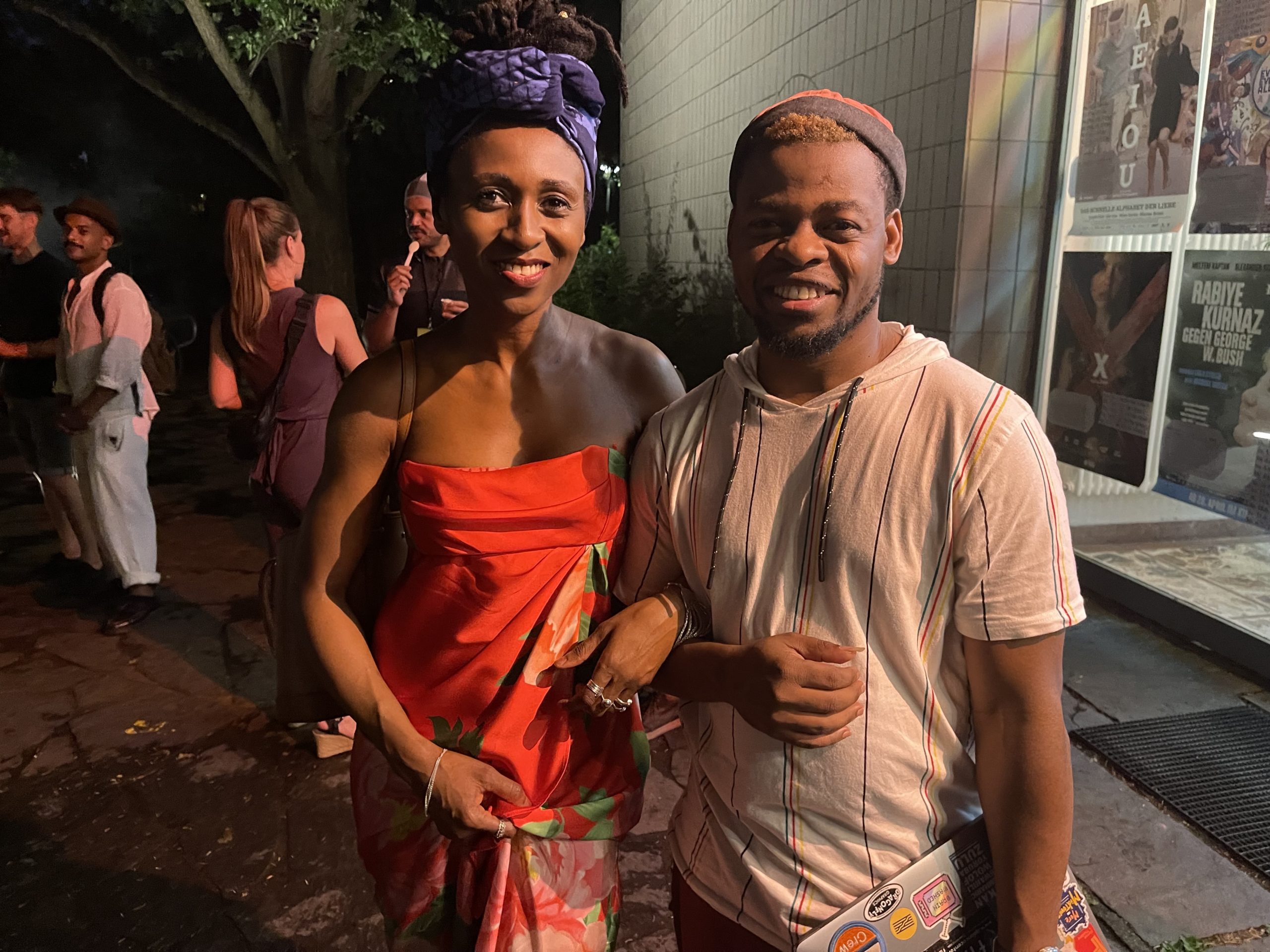






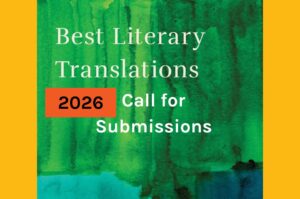
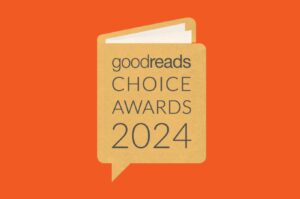

Jeremiah Igrami. July 22, 2022 15:33
Great piece—it's really nice to see Black people come together in this way. I noticed you lowercase "Black" in the sense of race, culture, and ethnicity. All major style guides recommend capitalizing it in that context.